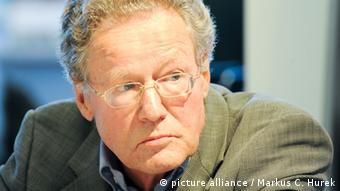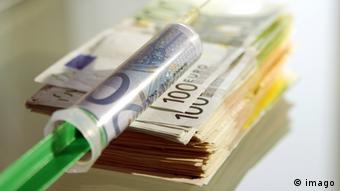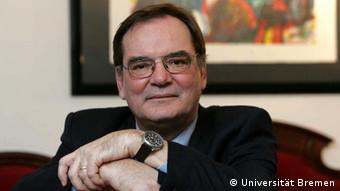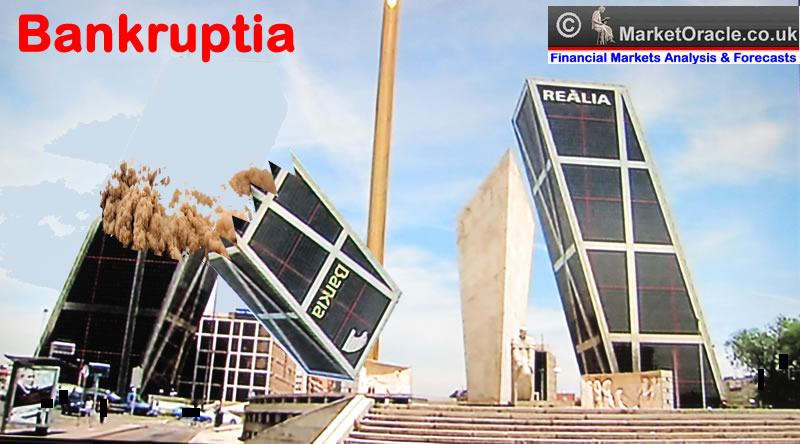
Japanese Prime Minister Shinzo Abe this month completed a year in office with public support falling to the lowest yet. Abe’s fortunes next year will ride in part on the ability of his top spokesman to keep the cabinet unified as the government pushes economic and military reform.
Yoshihide Suga, 65, who describes himself as “stubborn” and serves as Abe’s chief cabinet secretary, says “it’s all right to have various debates. But once we’ve had the debates and reached a conclusion, we have everyone go in the same direction.” The lawmaker, who defied his father’s wishes by moving toTokyo from the family farm in northern Japan as a teen, said in an interview that the ruling party is now taking account of the cabinet’s views in deciding policy priorities.
Suga’s skills at imposing discipline will be tested as the administration contends with a backlash from China against Abe’s visit last week to a shrine that memorializes wartime leaders, and plans to take on vested interests with business deregulation. Cabinet scandals and gaffes helped torpedo Abe’s first administration in 2006-2007 and contributed to a revolving door of Liberal Democratic Party leaders in the subsequent five years.
“The fortunes of this administration depend on Suga,” said Hiroyuki Kishi, a professor at Keio University in Yokohama who was a Trade Ministry bureaucrat working under Suga when he was vice internal affairs minister in 2005-2006. Kishi called Suga “the most reformist person in either the ruling or opposition parties.”
Top Spokesman
The chief cabinet secretary serves as the public face of the government, with a daily schedule that typically includes two press briefings. Suga runs the Cabinet Secretariat, in charge of coordination between the various ministries and agencies, and serves on panels such as the newly formed National Security Council.
Suga’s post could become more powerful next year if he succeeds in shepherding through legislation bringing top bureaucratic appointments under his secretariat. The role has been a stepping stone for future prime ministers, including Abe and Yasuo Fukuda.
“If I decide something’s right, I tend to push ahead with it -- I think I’m a bit stubborn,” Suga said in a Sept. 19 interview at the prime minister’s residence in Tokyo. The teetotal lawmaker is also known for keeping a hectic schedule.
“He eats way too fast,” said Kazuo Tanoi, a Yokohama City assemblyman who served alongside Suga in the 1980s and 1990s and continues to campaign for him in the constituency. “If his aides are eating ramen with him, he wants to leave before they’ve eaten half. So they order cold noodles if they’re eating with him” to finish quicker, he said.
Secrets Bill
Suga has played the role of enforcer. When Finance Minister Taro Aso declared in July that the government could learn from the Nazis on ways to execute constitutional changes, he got a call from Suga and issued a retraction the next day.
“Suga has been an excellent manager of the second Abe administration, kept his boss mostly on message and ensured discipline in the cabinet,” said Jeff Kingston, director of Asian Studies atTemple University in Tokyo. At the same time, “it looks like Abe’s long honeymoon has ended and he is facing much tougher scrutiny from the press and public.”
Abe’s public support took a hit this month when the ruling coalition passed a bill to boost penalties for divulging state secrets, against the objection of thousands of protesters outside the Diet.
Mainichi Poll
A poll published by the Mainichi newspaper on Dec. 24 found 49 percent of respondents supported Abe’s administration, down five percentage points from November and the first Mainichi poll below 50 percent since his election win. The paper surveyed 1,014 people between Dec. 21-22 and didn’t give a margin of error.
Abe’s government is also challenged by diplomatic criticism over his visit to the Yasukuni shrine Dec. 26. China and South Korea protested soon after the visit was announced, and the U.S., Japan’s top ally, expressed disappointment. The European Union’s foreign policy chief, Catherine Ashton, said the move wasn’t “conducive to lowering tensions in the region.”
A Kyodo News poll conducted after the shrine visit found 47 percent of respondents disagreed with Abe’s decision to pay his respects and 43 percent were in favor. His overall support was almost unchanged on a similar poll a week earlier at 55 percent. The agency surveyed 1,013 people on Dec. 28 and 29 and didn’t give a margin of error.
Sales Tax
A government decision to increase the sales tax to 8 percent from 5 percent will go into effect in April, testing Abe’s support as households absorb the impact of the bump.
While the prime minister has said the economy is his top priority, he’s also set to push for a further broadening of Japan’s security policy. He wants to reinterpret the pacifist constitution to allow Japan to defend its allies, a move that opinion polls show is opposed by a majority of the electorate.
Losing touch with voters in a rush to pass legislation undermined Abe’s first administration, said Suga, who served as internal affairs minister in that government.
“Rather than breathing in time with the public, we just did what we decided to do,” he said. “We didn’t have enough time to gain the understanding of the electorate each time.”
Political Dynasty
Unlike Abe, who is the scion of a wealthy political dynasty, Suga is the son of a farmer from Akita prefecture 500 kilometers (310 miles) northeast of Tokyo, where per capita incomes are just over half those in the capital, according to Cabinet Office figures for 2010. He moved to Tokyo after high school to take up a job in a cardboard factory, which his childhood friend and local assemblyman Masashi Yuri said met with his father’s disapproval.
Suga worked a series of jobs to pay for tuition at night school, gaining a law degree. He got his start in politics as secretary to an LDP lawmaker in Kanagawa prefecture, close to Tokyo, in 1975, then overcame a local LDP preference for another candidate to run for the Yokohama assembly, saying he won because he worked “harder than anyone else.”
Suga said in an interview broadcast by NHK on Dec. 22 that he helped persuade Abe to take a second shot at the party leadership last year. He hasn’t given any indication that he has ambitions to succeed his boss.
“Mr Abe is the pitcher and Mr Suga is the catcher and they make a great team,” said assemblyman Tanoi, comparing Suga’s role to that of a catcher in baseball.












